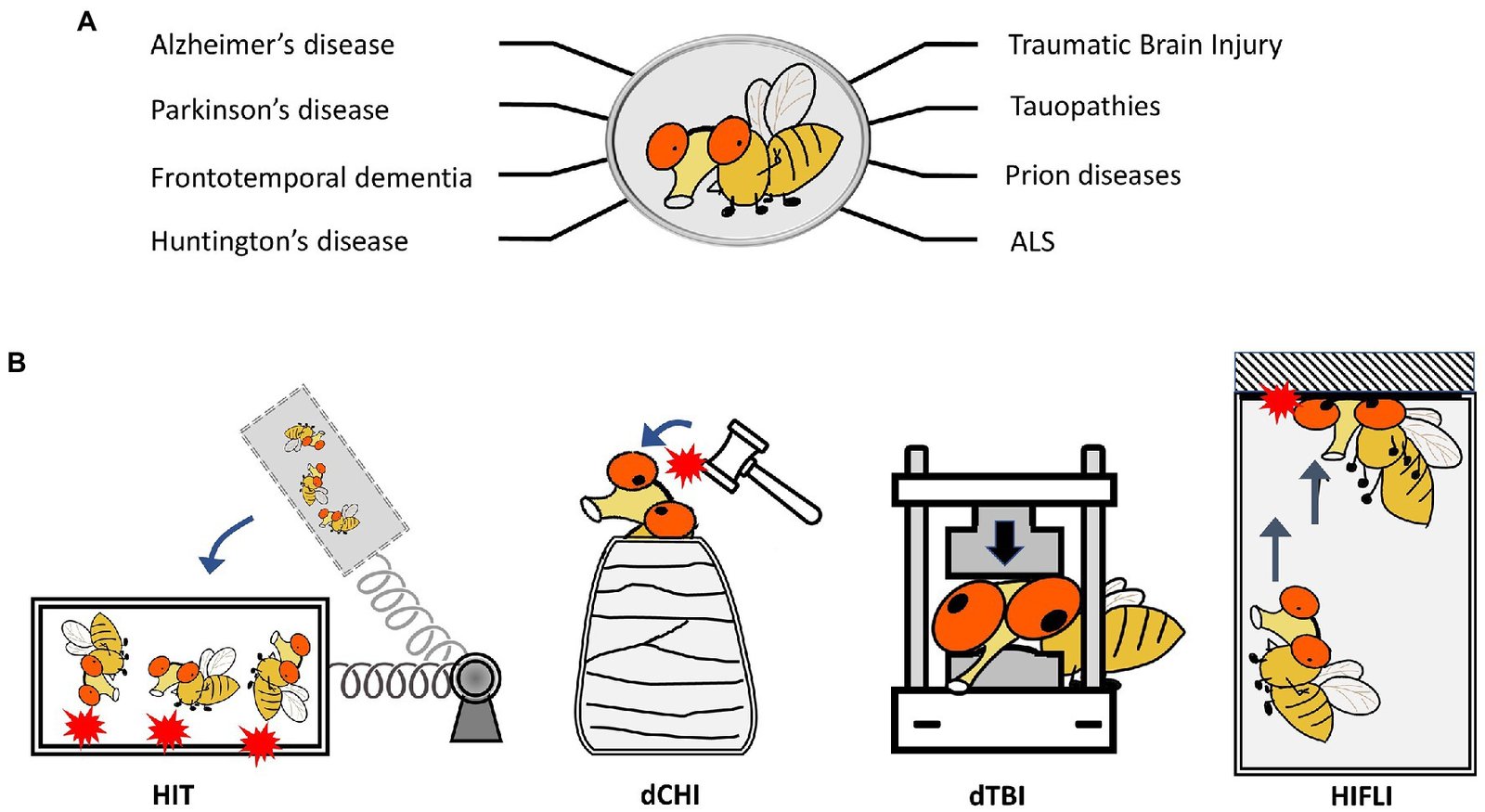Researchers at the Brain Tumour Research Centre of Excellence at the University of Plymouth have harnessed the power of the humble fruit fly, Drosophila, to unlock vital insights into stopping the growth of brain tumors.
By utilizing the fruit fly model, experts have successfully identified and examined cells in their earliest stages of growth. This innovative approach has particularly illuminated the understanding of glioma tumors, including aggressive variants like glioblastoma.
Glioblastomas, characterized by their rapid growth and invasion of healthy brain tissue, pose significant challenges in treatment, often resulting in poor survival rates. Symptoms such as worsening headaches, nausea, blurred vision, and seizures serve as indicators of brain tumors.
The impact of this research extends far beyond academic realms. While glioblastomas can affect individuals of any age, they are more prevalent among older adults.
By dissecting the molecular mechanisms underlying tumor growth in these diminutive insects, scientists are laying the groundwork for potential therapeutic interventions that could ultimately benefit patients grappling with these devastating brain tumors.
Dr. Claudia Barros emphasized that their research sheds light on preparatory mechanisms crucial for tumor development. Utilizing the fruit fly Drosophila as a model, the team scrutinized cells at the initial stages of brain tumor formation, uncovering significant metabolic and protein balance disparities compared to normal cells.
Dr. Karen Noble, representing the Brain Tumour Research charity, underscored the potential of these early discoveries in guiding the development of more effective treatments targeting tumor cells, thus improving patient outcomes.
This pioneering study underscores the importance of unconventional model organisms in biomedical research and offers a ray of hope for more effective



